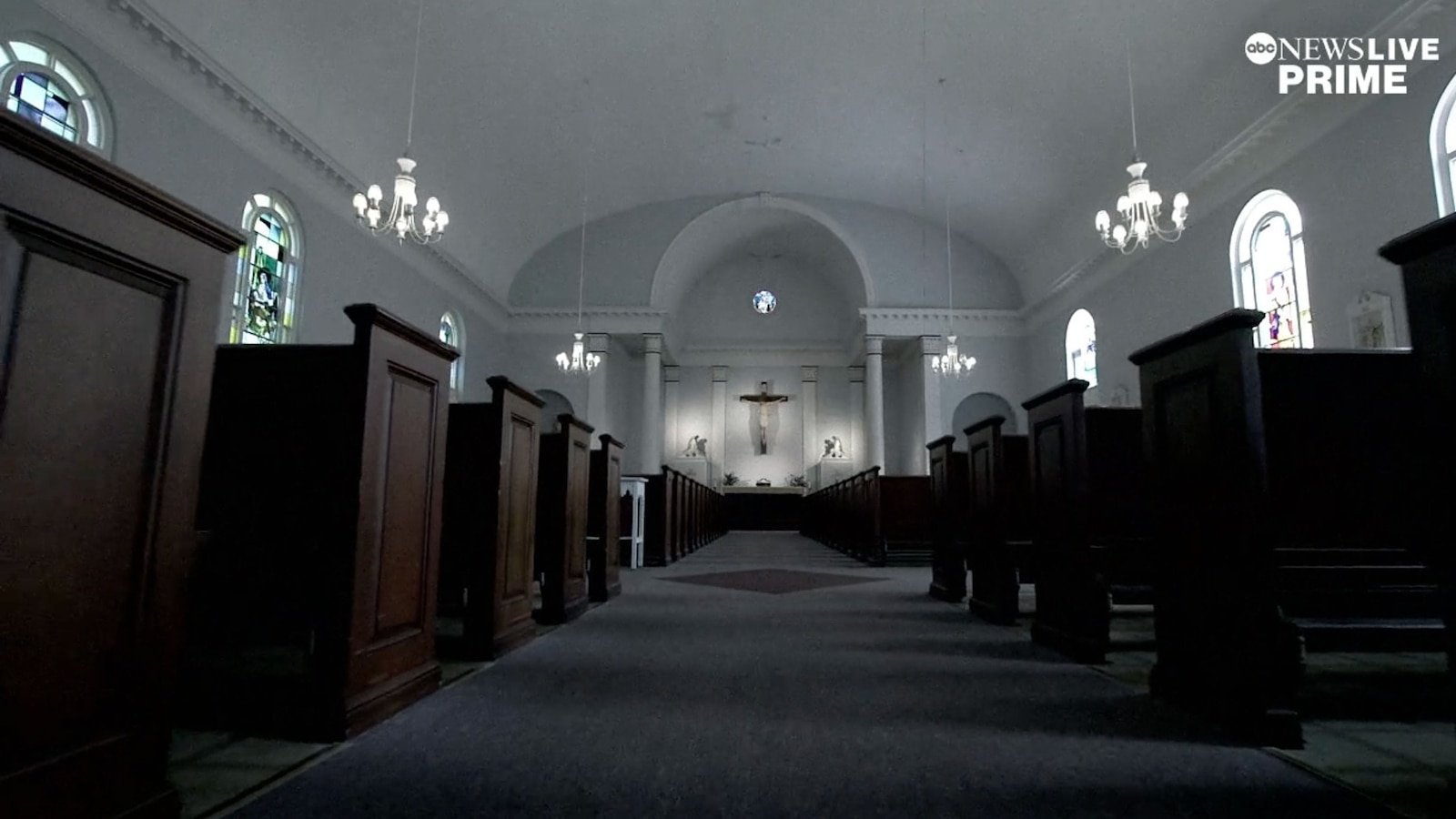- cross-posted to:
- [email protected]
- cross-posted to:
- [email protected]
Summary
Churches across the U.S. are grappling with dwindling attendance and financial instability, forcing many to close or sell properties.
The Diocese of Buffalo has shut down 100 parishes since the 2000s and plans to close 70 more. Nationwide, church membership has dropped from 80% in the 1940s to 45% today.
Some churches repurpose their land to survive, like Atlanta’s First United Methodist Church, which is building affordable housing.
Others, like Calcium Church in New York, make cutbacks to stay open. Leaders warn of the long-term risks of declining community and support for churches.



Great news! Maybe we can finally tax these cults as well.
Taxing them would force more closures. Do it.
Considering scientology has their tendrils in a fair bit of Hollywood, that might actually backfire on government coffers. If they demand their members strike, the film industry is going to be in for pain.
No way would SAG strike over Scientology getting taxed. Scientology are parasites and we’d all be better off without them.
Not SAG, just the cultists. There’s enough of them in prominent roles that it would cause financial damage (including to themselves), delays, and problems.
If it’s not a real strike, then they’re replaceable. A “bye Felicia” sort of situation.
That’s easier said than done when it’s a lead actor refusing to work during filming. They’ll be breaching a contract, sure, but replacing them is going to waste money and time in recasting, rescheduling, refilming, etc.
Would they actually do it, knowing they’re in for a multimillion dollar lawsuit? Probably. The Cult of Scientology practices excommunication, and it’s a strong motivator for indoctrinees.
No, we don’t want to tax them. Remember “no taxation without representation”. Taxing them means allowing their influence in government.
Not to say that they aren’t already influencing our government, but taxing them just opens up the floodgates for it to be done on an official level.
That’s the point. They are influencing the government by picking political sides, which officially disqualifies them from tax exempt status but that’s something that’s never been enforced.
Does it? What makes them different from explicitly political nonprofits? Or do those not get tax-exempt status?
They’re made of people, those people vote. I also don’t think companies should have a right to representation beyond what the individuals that make up that company have as private individuals
I do, it referred to people deprived of a vote.
Houses are taxed. There is no branch of government representing houses.
No representation without taxation
We tax businesses. We shouldn’t be allowing businesses or churches to influence government. I believe “no taxation without representation” is meant only to be applied to people.